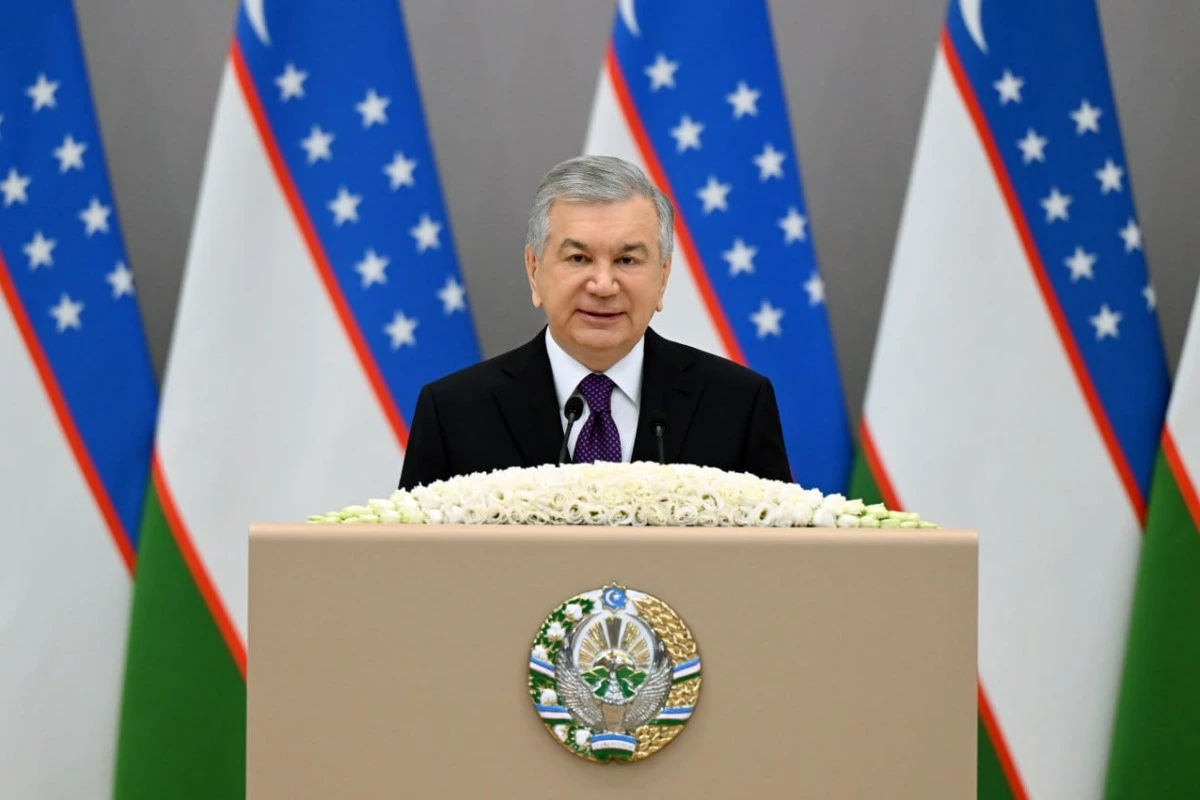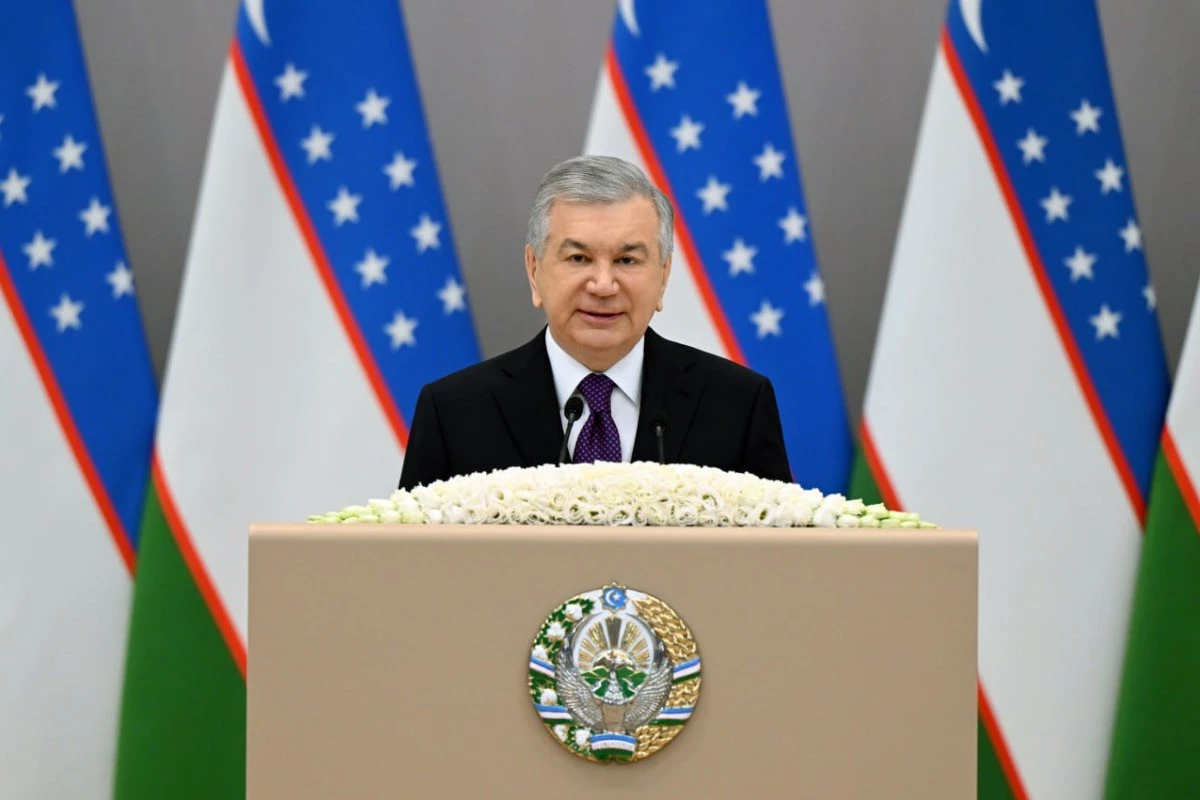Samarkand, October 29, 2024 – The Europe Today: Mr. Khalid Taimur Akram had the profound honor of paying respects at the mausoleum of the esteemed scholar Muhammad ibn Ismail al-Bukhari al-Jufi during his visit to the historic city of Samarkand, Uzbekistan. Born in Bukhara in AD 810, Al-Bukhari dedicated his life to the meticulous collection of Hadith—the cherished sayings of the Prophet Muhammad (PBUH). His journey commenced at the tender age of 16, culminating in an extraordinary compilation of approximately 600,000 sayings over 16 years, solidifying his legacy as a foundational figure in Islamic scholarship.
The mausoleum, a testament to Al-Bukhari’s enduring impact, stands as a beacon of knowledge in a city renowned for its rich history. The scholar’s lineage, rooted in scholarly pursuit, was fostered by his father, Isma`il ibn Ibrahim, a devoted student and associate of Imam Malik.
Mr. Khalid Taimur Akram’s journey didn’t stop there; he also explored the marvels of the Ulugh Beg Observatory, a remarkable institution established in the 1420s by the Timurid astronomer Ulugh Beg. This observatory, a pinnacle of medieval Islamic astronomy, attracted brilliant minds, including Jamshid al-Kashi and Ali Qushji, and served as a hub for astronomical advancements until its destruction in 1449. Rediscovered in 1908, the site continues to inspire awe with its rich heritage.
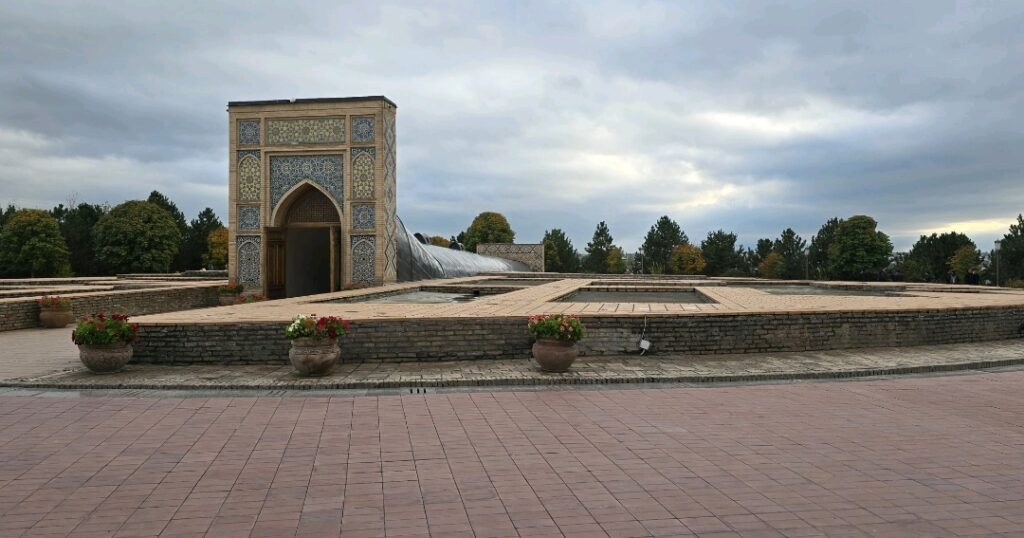
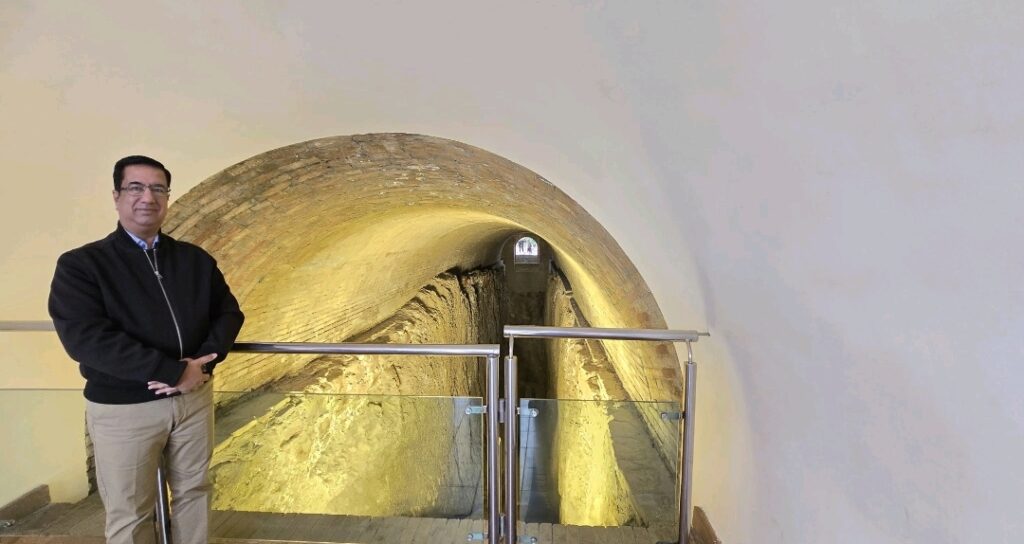
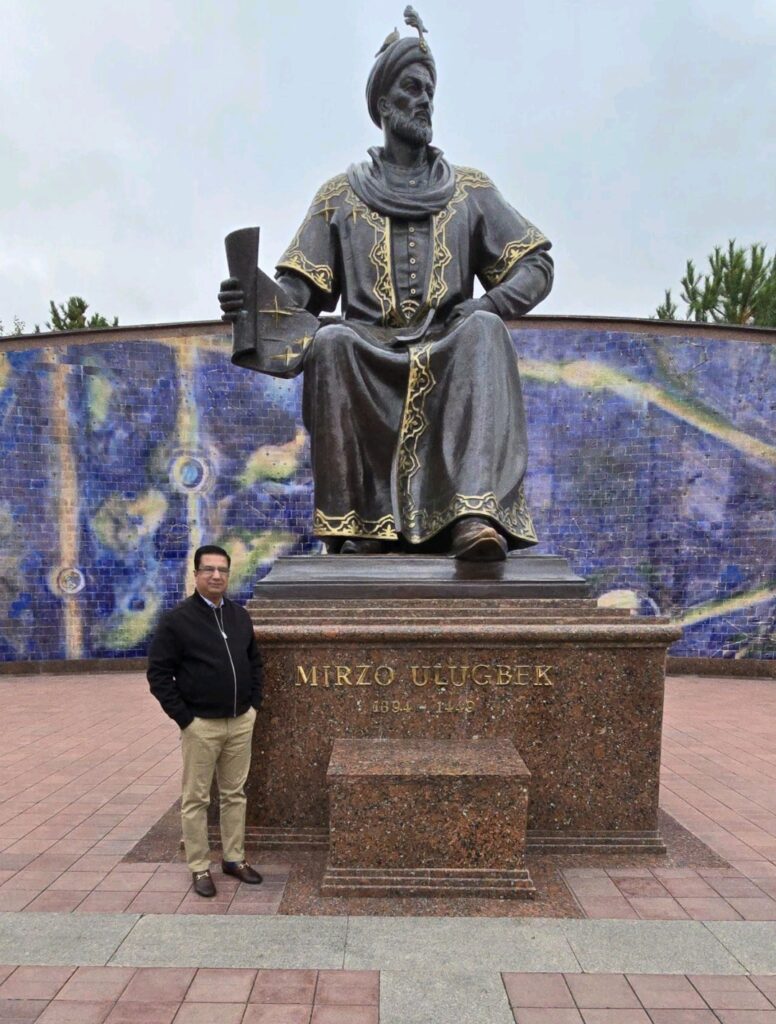

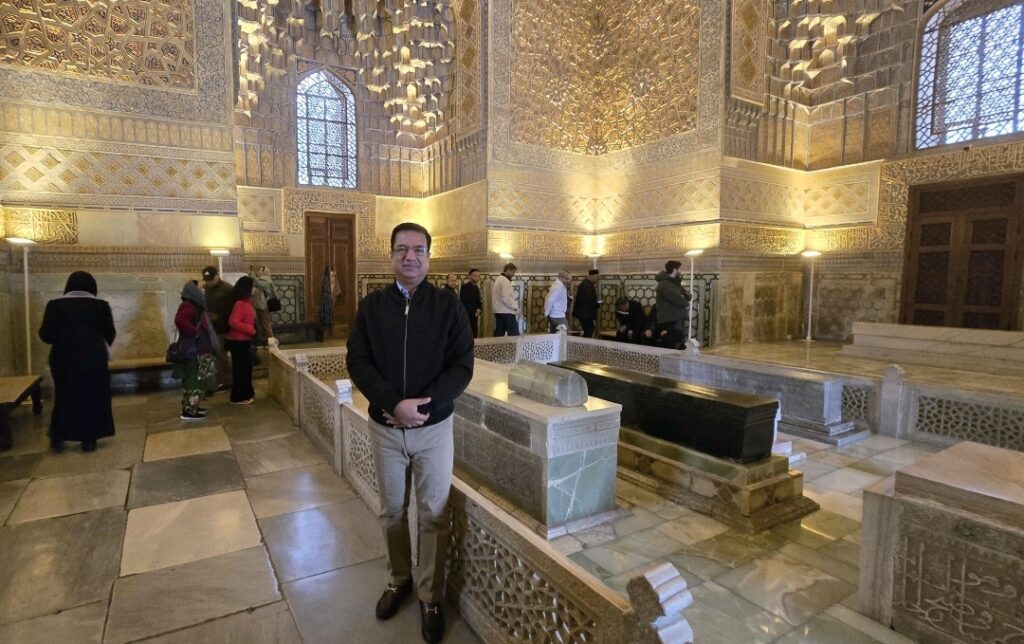
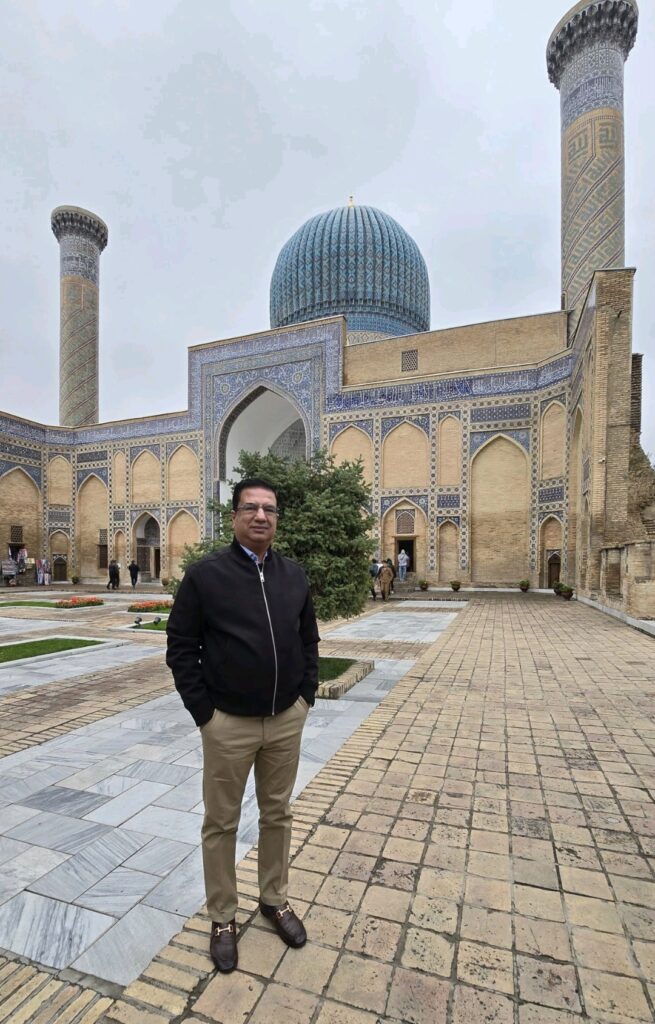

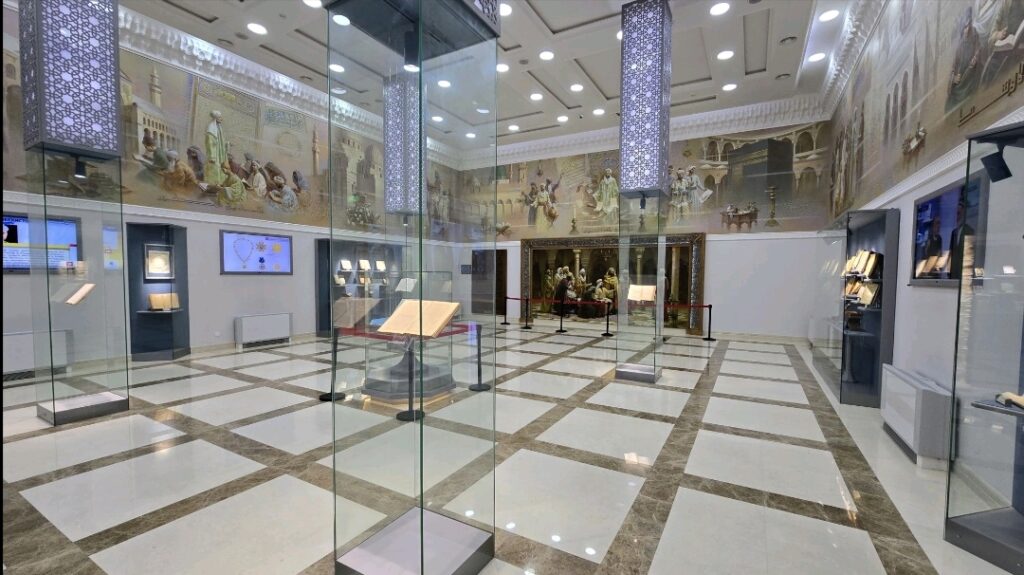
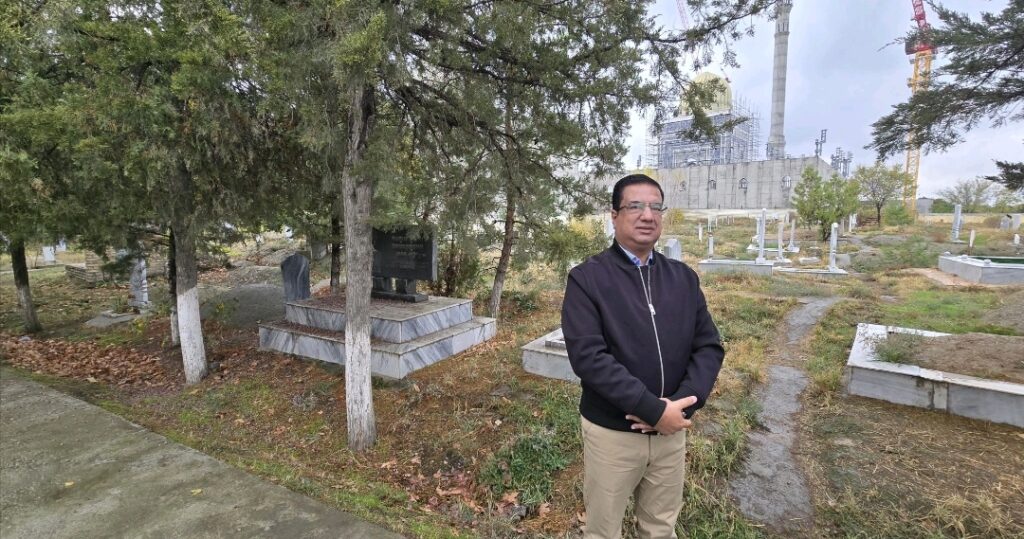
Samarkand, founded between the 8th and 7th centuries BC, flourished as a pivotal city along the Silk Road, bridging cultures from China, Persia, and Europe. Its historical significance is reflected in its status as a center of Islamic scholarship and the birthplace of the Timurid Renaissance. At various times, it served as the capital of empires, including the Sogdian satrapy during the Persian Achaemenid Empire and later fell under the conquest of Alexander the Great in 329 BC, when it was known as Markanda. The city eventually experienced the rule of Iranian and Turkic leaders before being conquered by the Mongols under Genghis Khan in 1220.
In the 14th century, Amir Temur recognized Samarkand’s potential, making it the capital of his empire and the site of his own mausoleum, the Gur-e Amir. Khalid Taimur Akram’s visit not only pays tribute to these historical legacies but also emphasizes the importance of preserving and celebrating Islamic heritage in the heart of Central Asia.
As he walked through the storied streets of Samarkand, Mr. Khalid Taimur Akram connected with the echoes of the past, honoring the scholars and visionaries who shaped the course of history in this vibrant city.







